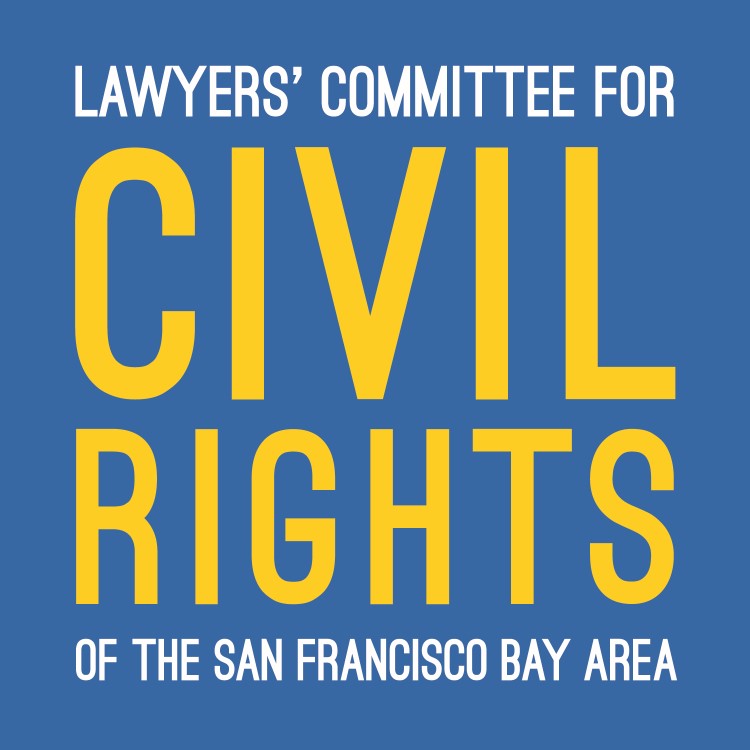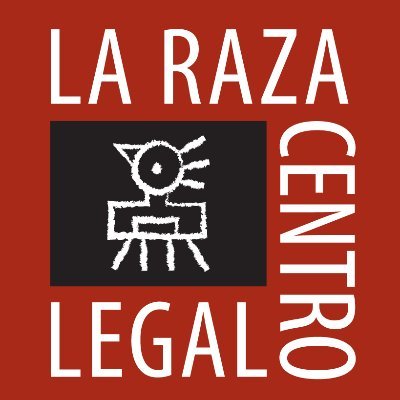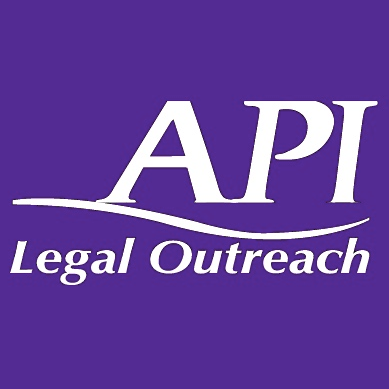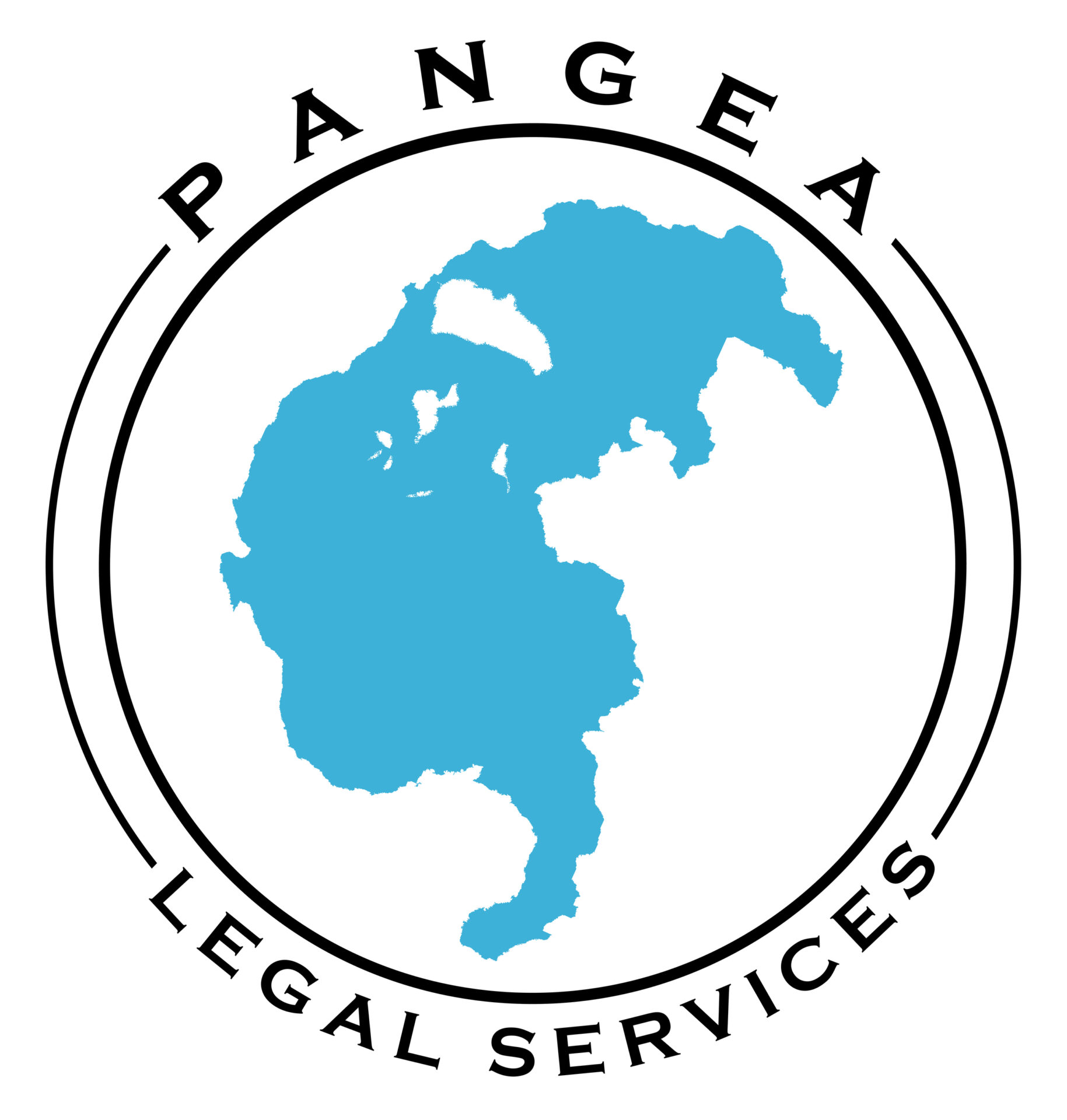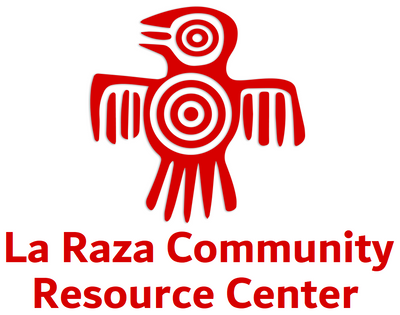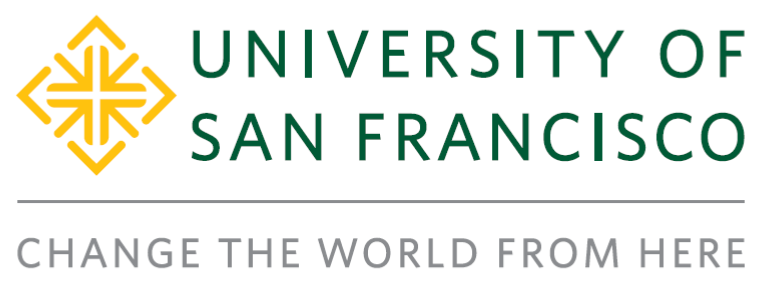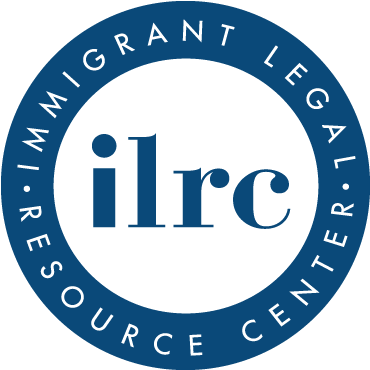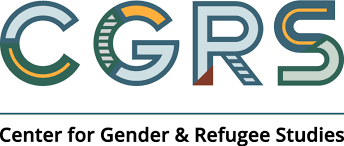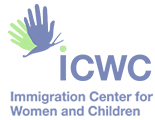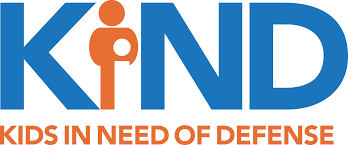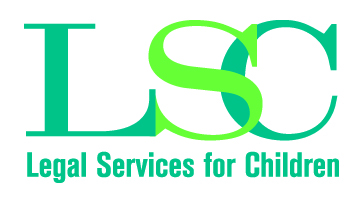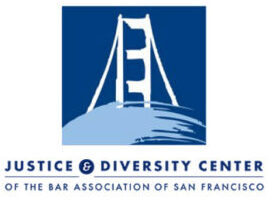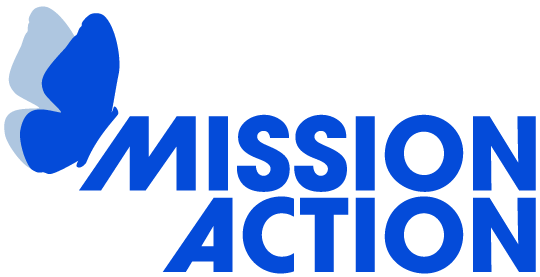We are a unique collaboration of 16 San Francisco-based legal service organizations with diverse areas of expertise and various social support programs. Fourteen organizations in our collaborative provide direct services to our clients through legal representation, one provides direct services and functions as the fiscal leader for the collaborative, two organizations provide technical assistance, and one organization provides legal leadership and coordination services. We combine our strengths to advocate for one of San Francisco’s most vulnerable populations. We are funded by the San Francisco Mayor’s Office of Housing and Community Development.
Our History
October 1989
San Francisco passes its City and County of Refuge Ordinance
Also known as the Sanctuary Ordinance, it prohibits city employees from using City funds to or resources to assist Immigration and Customs Enforcement (ICE).
December 2006
The San Francisco Immigrant Legal & Education Network (SFILEN) is created
In response to the Sensenbrenner Bill and the following May Day march and anti-immigrant rhetoric, SFILEN begins its work as a combination of organizations providing legal services, education, and outreach with a holistic approach.
May 2008
The San Francisco Rapid Response Network is created
The Network is founded in response to the El Balazo Restaurant raids where 63 immigrants were arrested at 11 restaurant locations.
June 2008
FREE SF is created
FREE SF brings together the efforts of the San Francisco Immigrant Rights Defense Committee (SFIRDC) and the San Francisco Progressive Criminal Justice Network to advocate for community safety, transformative justice, immigrant rights, and self-determination.
September 2013
San Francisco passes its Due Process Ordinance
Through the Ordinance, San Francisco bans its police department from holding detained individuals (with just a few exceptions) to be handed over to ICE.
January 2014
California’s Trust Act goes into effect
The Trust Act limits use of immigration holds in local jails.
January 2014
The Northern California Collaborative for Immigrant Justice (NCCIJ) is created
NCCIJ is founded by a group of organizations working towards the universal right to counsel for children, detained, and non-detained immigrants in removal proceedings.
August 2014
San Francisco Public Defender’s Office funds first immigration attorney
September 2014
Expedited Dockets begin
A record number of unaccompanied minors and families, mainly women with small children, begin arriving at the Southwest U.S. border, seeking refuge from rising levels of violence in their home countries of Honduras, El Salvador, Guatemala, and Mexico. The Bay Area legal community rushes to assist unrepresented respondents and protests the additional pressures caused by the accelerated pace of surge docket hearings, which poses threats to respondents’ due process rights by limiting their ability to find and retain attorneys who can properly present their cases.
September 2014
The San Francisco Immigrant Legal Defense Collaborative (SFILDC) is created
Then-Mayor of San Francisco Edwin Lee and the Board of Supervisors fund legal services for families and unaccompanied children facing deportation on the surge dockets. To leverage their collective resources and maximize their impact, 13 groups choose to receive this funding collectively and form the SFILDC.
September 2014
California approves $3 million for removal defense of Unaccompanied Children (UCs)
California Governor Jerry Brown signed into law Senate Bill 873, which provides $3 million in legal aid to unaccompanied minors in removal proceedings, and clarifies state court roles in considering Special Immigrant Juvenile Status petitions filed by immigrant children.
January 2015
SFILDC receives its first grant
13 organizations begin their work representing Unaccompanied Children (UCs) and Adults with Children (AWC).
July 2015
Kate Steinle is shot at Pier 14
Following the shooting, rhetoric against the immigrant community increases.
2015
302 total clients served by the SFILDC
November 2016
Trump is elected
2016
427 total clients served by the SFILDC
January 2017
SFILDC receives its second grant
With the funding, two new agencies join the collaborative. Representation for detained and all San Francisco residents is now provided by SFILDC partners.
January 2017
California TRUTH Act goes into effect
California’s Transparent Review of Unjust Transfers and Holds (TRUTH) Act ensures that local law enforcement agencies provide individuals in their custody with basic due process and information about their rights, should federal immigration authorities seek to contact them.
January 2017
The Northern California Collaborative for Immigrant Justice’s funding comes into effect
Three attorneys began their work along with their supporting staff. Overview
June 2017
California approves $45 million in state funding to expand legal services to immigrants
July 2017
The San Francisco Immigrant Legal Defense Collaborative receives supplemental funding to continue its works serving the community
August 2017
The San Francisco Rapid Response Network is revamped
SFILDC joins the network and creates a system to provide emergency legal assistance to people detained by ICE in San Francisco.
November 2017
California approves $45 million in state funding to expand legal services to immigrants
2017
699 total clients served by the SFILDC
January 2018
Large scale enforcement actions reported in Northern California
California sanctuary state law leads ICE to increase presence.
February 2018
Large scale enforcement actions reported in Northern California
May 2018
Families in detention facilities are separated
Many families in detention are separated by Department of Homeland Security. Parents and children are separated and sent to separate detention facilities. Children are left alone without their parents and in several instances, due to clerical errors and deficient DHS practices, children are left alone in detention even after their parents were released from detention.
June 2018
Family separation in detention facilities
Many families in detention are separated by DHS, parents and children are sent to separate detention facilities. Children are left alone without their parents and in several instances, due to clerical errors and deficient DHS practices, children are left alone in detention even after their parents were released from detention.
July 2018
The Contra Costa detention facility (COCO) closes
September 2018
FAMU dockets
The Trump administration implements the “Family Unit” dockets to tackle the backlog at the immigration court. Under FAMU cases must reach a final decision—either deportation or protection in the United States—within an unreasonable period of time.
2018
1117 total clients served by the SFILDC
January 2019
Remain in Mexico policy is implemented
The policy requires migrants seeking asylum to remain in Mexico until their US immigration court date. The program is widely criticized by human rights organizations for exposing migrants to attacks while they await processing.
July 2019
Changes to Ankle Monitor policies implemented — Alternative to Detention (ATD)
July 2019
Threats of mass enforcement action in San Francisco
News outlets report potential large-scale enforcement actions in liberal cities, including San Francisco, triggering panic among the community. The San Francisco Immigrant Legal Defense Collaborative and the CCIJ created a plan to respond to large scale enforcement.
July 2019
NCRRIDN and CCIJ merge
Northern California Rapid Response and Immigrant Defense Network (NCRRIDN) and the Northern California Collaborative for Immigrant Justice merge.
September 2019
Sacramento Court opens
The Executive Office for Immigration Review opens an Immigration Court in Sacramento, CA.
2019
1232 total clients served by the SFILDC
March 2020
The COVID pandemic hits the United States
The immigration Court closes its doors and virtual hearings begin.
March 2020
Title 42 is implemented by the Trump administration
Title 42 is used by immigration authorities to swiftly remove migrants crossing the border from Mexico – including asylum seekers – using the pandemic as justification.
2020
1291 total clients served by the SFILDC
May 2021
Family Unit Dockets (FAMU) is implemented
The Biden administration implements the “Family Unit” dockets to tackle the backlog at the immigration court. Under FAMU cases must reach a final decision—either deportation or protection in the United States—within an unreasonable period of time.
July 2021
The SFILDC hires 10 new attorneys to increase its capacity
The Lawyer’s Committee for Civil Rights re-joins the San Francisco Immigrant Legal Defense Collaborative.
2021
1399 total clients served by the SFILDC
May 2022
First trip to the south border
The San Francisco Immigrant Legal Defense Collaborative sent a group of its attorneys to the south border to assist legal local organizations providing aid to the immigrant community in Tijuana, Mexico.
June 2022
The SFILDC gradually reopened its doors
Following local authorities guidance the partners of the San Francisco Immigrant Legal Defense Collaborative reopen their doors.
2022
1599 total clients served by the SFILDC
May 2023
Title 42 ends
The end of the Covid-19 pandemic brings an end to the immigration policy known as Title 42 and the US returns to its pre-pandemic Title 8 law that governs asylum and deportations.
Our Partners
We work closely with the private law firms of Van Der Hout, LLP, and Keker Van Nest & Peters, LLP, which provide ongoing pro bono support to the SFILDC. The SFILDC is also grateful to LawLogix, which generously donated case management software to support our work.
The SFILDC works closely with advocates in other parts of the Bay Area and Northern California to serve vulnerable communities, and help connect unrepresented or low-income immigrants with counsel and other social support services they need.

